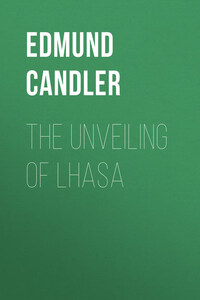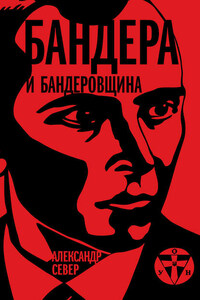The recent expedition to Lhasa was full of interest, not only on account of the political issues involved and the physical difficulties overcome, but owing to the many dramatic incidents which attended the Mission's progress. It was my good fortune to witness nearly all these stirring events, and I have written the following narrative of what I saw in the hope that a continuous story of the affair may interest readers who have hitherto been able to form an idea of it only from the telegrams in the daily Press. The greater part of the book was written on the spot, while the impressions of events and scenery were still fresh. Owing to wounds I was not present at the bombardment and relief of Gyantse, but this phase of the operations is dealt with by Mr. Henry Newman, Reuter's correspondent, who was an eye-witness. I am especially indebted to him for his account, which was written in Lhasa, and occupied many mornings that might have been devoted to well-earned rest.
My thanks are also due to the Proprietors of the Daily Mail for permission to use material of which they hold the copyright; and I am indebted to the Editors of the Graphic and Black and White for allowing me to reproduce certain photographs by Lieutenant Bailey.
The illustrations are from sketches by Lieutenant Rybot, and photographs by Lieutenants Bailey, Bethell, and Lewis, to whom I owe my cordial thanks.
London,
January, 1905.
CHAPTER I
THE CAUSES OF THE EXPEDITION
The conduct of Great Britain in her relations with Tibet puts me in mind of the dilemma of a big boy at school who submits to the attacks of a precocious youngster rather than incur the imputation of 'bully.' At last the situation becomes intolerable, and the big boy, bully if you will, turns on the youth and administers the deserved thrashing. There is naturally a good deal of remonstrance from spectators who have not observed the byplay which led to the encounter. But sympathy must be sacrificed to the restitution of fitting and respectful relations.
The aim of this record of an individual's impressions of the recent Tibetan expedition is to convey some idea of the life we led in Tibet, the scenes through which we passed, and the strange people we fought and conquered. We killed several thousand of these brave, ill-armed men; and as the story of the fighting is not always pleasant reading, I think it right before describing the punitive side of the expedition to make it quite clear that military operations were unavoidable – that we were drawn into the vortex of war against our will by the folly and obstinacy of the Tibetans.
The briefest review of the rebuffs Great Britain has submitted to during the last twenty years will suffice to show that, so far from being to blame in adopting punitive measures, she is open to the charge of unpardonable weakness in allowing affairs to reach the crisis which made such punishment necessary.
It must be remembered that Tibet has not always been closed to strangers. The history of European travellers in Lhasa forms a literature to itself. Until the end of the eighteenth century only physical obstacles stood in the way of an entry to the capital. Jesuits and Capuchins reached Lhasa, made long stays there, and were even encouraged by the Tibetan Government. The first1 Europeans to visit the city and leave an authentic record of their journey were the Fathers Grueber and d'Orville, who penetrated Tibet from China in 1661 by the Sining route, and stayed in Lhasa two months. In 1715 the Jesuits Desideri and Freyre reached Lhasa; Desideri stayed there thirteen years. In 1719 arrived Horace de la Penna and the Capuchin Mission, who built a chapel and a hospice, made several converts, and were not finally expelled till 1740.2 The Dutchman Van der Putte, first layman to penetrate to the capital, arrived in 1720, and stayed there some years. After this we have no record of a European reaching Lhasa until the adventurous journey in 1811 of Thomas Manning, the first and only Englishman to reach the city before this year. Manning arrived in the retinue of a Chinese General whom he had met at Phari Jong, and whose gratitude he had won for medical services. He remained in the capital four months, and during his stay he made the acquaintance of several Chinese and Tibetan officials, and was even presented to the Dalai Lama himself. The influence of his patron, however, was not strong enough to insure his safety in the city. He was warned that his life was endangered, and returned to India by the same way he came. In 1846 the Lazarist missionaries Huc and Gabet reached Lhasa in the disguise of Lamas after eighteen months' wanderings through China and Mongolia, during which they must have suffered as much from privations and hardships as any travellers who have survived to tell the tale. They were received kindly by the Amban and Regent, but permission to stay was firmly refused them on the grounds that they were there to subvert the religion of the State. Despite the attempts of several determined travellers, none of whom got within a hundred miles of Lhasa, the Lazarist fathers were the last Europeans to set foot in the city until Colonel Younghusband rode through the Pargo Kaling gate on August 4, 1904.









